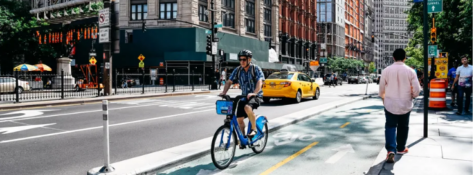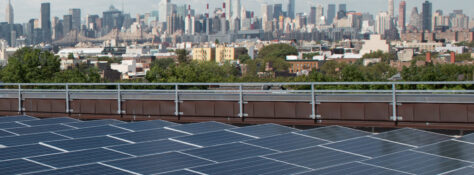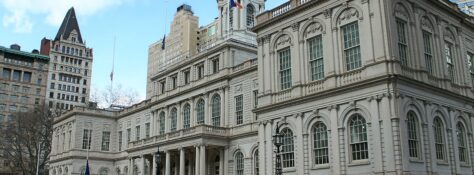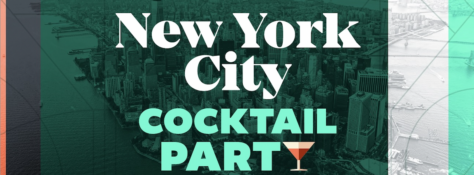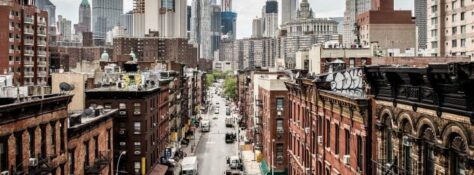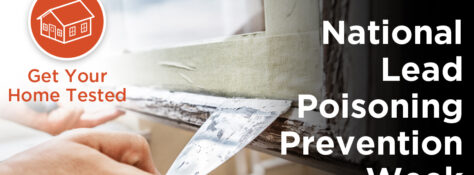Event
Over 100 regional business leaders, elected officials, environmentalists, and NYLCV supporters, gather to celebrate environmental progress in the region and strengthen our shared commitment to New York’s environment.
Learn MoreIf the city is serious about reducing air pollution and tackling the climate crisis, then we need to do more to get people out of their cars and onto bicycles and other clean transportation modes, and we can only do that by creating a safe and robust network of protected bike lanes across the city.
Learn MoreOn Wednesday, the New York City Council passed the City of Yes for Carbon Neutrality (COYCN) zoning text amendment, a wonky name for a mighty important change to the city’s zoning laws. The change will remove hurdles so the city can more easily make green investments for and changes to its infrastructure that will reduce or eliminate greenhouse gas (GHG) emissions from buildings and the transportation sector, the state’s two leading sources.
Learn MoreNews
The New York League of Conservation Voters (NYLCV) applauds the New York City Council for recently passing four important environmental laws, three to reduce lead-paint poisoning in the city and a fourth to require that the city establish an on-line interactive map for the city’s bike routes.
Learn MoreEvent
Our NYC cocktail party is one of NYLCV's premier events. Enjoy an evening of drinks, light refreshments, and great conversation overlooking the East River.
Learn MoreThe release of the Mayor's Executive Budget for Fiscal Year 2024 has initiated the next phase of discussions between the Mayoral Administration and City Council toward finalizing the budget. As New York City faces many environmental and climate challenges, it is imperative that the City’s final FY24 budget prioritizes efforts to move us towards park equity, zero waste, reliable and affordable clean transportation, and more. Allocating sufficient funds towards these initiatives can help create a more sustainable, resilient, and equitable future for the City and its residents.
Learn MoreNews
The long-delayed project to build a new tunnel under the Hudson River for train travel between New York and New Jersey is moving forward, with billions in funding recently announced from the federal government. A well-functioning railroad for New York City commuters and the greater Northeast Corridor is critical to getting fossil-fuel-burning automobiles off the road, which translates into cleaner air and improved public health.
Learn MoreNews
According to health officials, there is no level of lead in the body that is known to be without harmful effects. That is why NYLCV is urging everyone - homeowners, health care providers, businesses, politicians, educators, etc. - to participate in the federal government’s upcoming National Lead Poisoning Prevention Week (NLPPW), which will be held Oct. 23-29, with wide dissemination of information and a series of topic-focused releases and webinars to spread awareness and lead to community and legislative action.
Learn More

